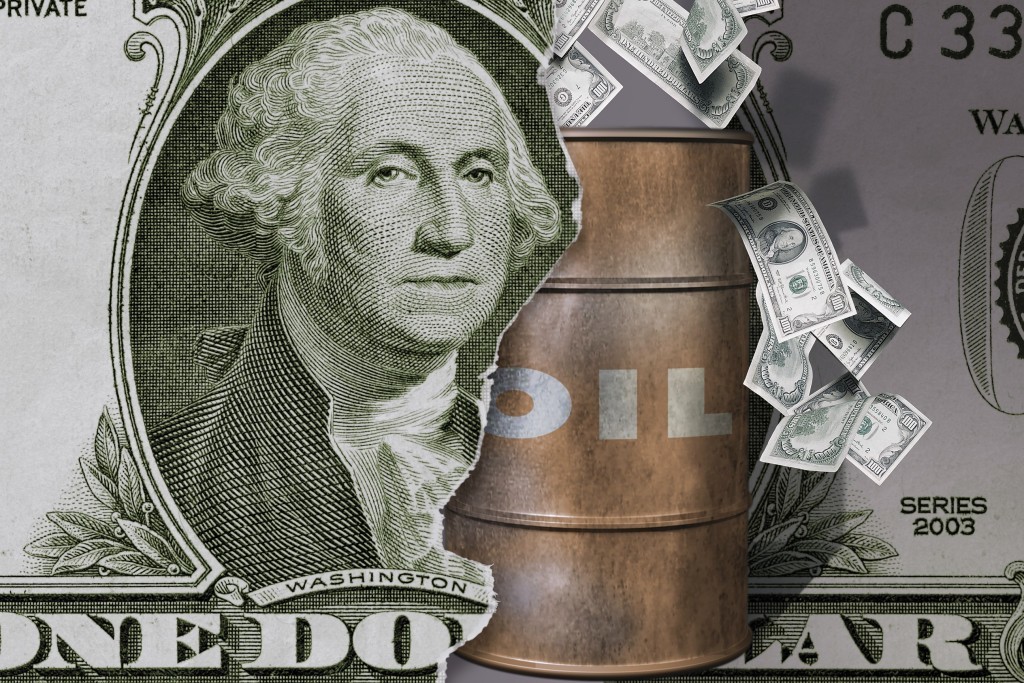
Oil headed for a second weekly advance as U.S. crude production continued to decline and wildfires in Canada expanded.
Futures in New York rose for the first time in three days on Friday, extending a weekly gain to about 5.3 percent.
U.S. output slid for a 10th week to the lowest since September 2014 as gasoline use increased before a period of seasonal demand, the Energy Information Administration said Wednesday.
Fire fighters successfully defended Suncor Energy Inc. and Syncrude Canada Ltd.’s oil-sands operations and rain brought some relief even as the blaze spread into remote forests to the east.
Oil has surged more than 80 percent since slumping to the lowest in 12 years in February on signs the global glut will ease as U.S. production falls. The market moved into a deficit earlier than expected following supply disruptions in Nigeria and an increase in demand, according to Goldman Sachs Group Inc.
“We’ve got U.S. demand picking up and combining with bullish supply news,” Jonathan Barratt, the chief investment officer at Ayers Alliance Securities in Sydney, said by phone. “Unless there is a clear new fundamental reason to buy oil, I think $50 is a hard psychological level to break through.”
West Texas Intermediate for June delivery, which expires Friday, rose as much as 63 cents, or 1.3 percent, to $48.79 a barrel on the New York Mercantile Exchange. Total volume traded was about 15 percent below the 100-day average. The more-active July contract gained 47 cents to $49.14 at 2:13 p.m. Hong Kong time.
Brent for July settlement climbed as much as 51 cents, or 1 percent, to $49.32 a barrel on the London-based ICE Futures Europe exchange. The contract is up 2.9 percent this week, heading for a second weekly advance. The global benchmark crude was at a premium of 6 cents to WTI for July.
U.S. production fell to 8.79 million barrels a day last week, according to EIA data. Gasoline consumption averaged 9.56 million barrels a day in the four weeks ended May 13, the highest seasonal level in at least a decade. Nationwide crude stockpiles unexpectedly increased, keeping them near the most in more than eight decades.
Iraq’s output has probably peaked and is likely to fall short of the country’s target over the next two years, according to an official with Lukoil PJSC, operator of one of the country’s biggest fields. Royal Dutch Shell Plc is in talks with potential buyers for some North Sea assets, mostly fields it got this year as part of the record acquisition of BG Group Plc, according to people familiar with the matter. Energy companies led gains on the MSCI Asia Pacific Index.